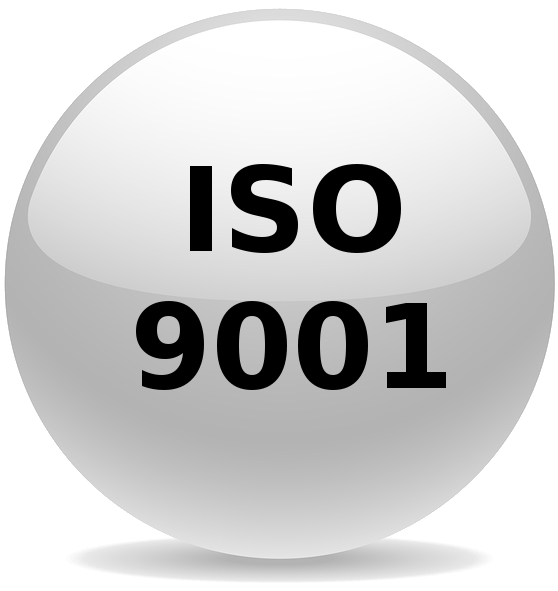This 2.5 hour course provides an excellent overview of the ISO 9001:2015 Internal or Lead Auditor training.
NOTE: it is advised to take the ISO 19011 course prior to this.
Intended Audience:
You are a stakeholder in you Quality Management System. This course is intended for:
- Companies that have a current ISO 9001 QMS
- New to ISO 9001: Companies looking into a first time certification for ISO 9001:2015 QMS
- Executive Staff involved in your QMS
- Quality Managers
- Internal Auditors
- QMS Project Manager
Overview:
This course covers all clauses of the new ISO 9001:2015 standard.
- A Useful Definition of Risk-Based-Thinking
- Requirements of the standard
- Actions required to address risks
- Appendix A.4 - Risk-Based Thinking
- ISO 9001:2008 Sections Containing Risk
- Risk & Opportunities (Risk Based Thinking)
- Risks in your QMS
- Ideas for Implementation
- Documented Process Example
- The Organizational Context and Risks
A short quiz is given at the conclusion . Upon completing the course and taking the quiz, you will receive a certificate of completion.
ISO 9001 internal auditor training provides several benefits to individuals and organizations. Here are some key benefits:
-
Improved Understanding of ISO 9001: ISO 9001 is an internationally recognized standard for quality management systems. Internal auditor training enhances participants' knowledge and understanding of the ISO 9001 requirements, helping them grasp the principles and concepts of the standard more effectively.
-
Enhanced Audit Skills: Internal auditor training equips participants with the necessary skills and techniques to plan, conduct, report, and follow up on internal audits. They learn how to effectively assess compliance with ISO 9001 requirements, identify non-conformities, and provide valuable recommendations for improvement.
-
Effective Quality Management System Audits: Internal auditors play a crucial role in evaluating an organization's quality management system. Training helps them develop the competencies to conduct thorough and meaningful audits, ensuring the system's effectiveness, identifying areas for improvement, and promoting continuous improvement within the organization.
-
Compliance and Certification Readiness: ISO 9001 internal auditor training assists organizations in meeting the requirements of the standard and preparing for certification audits. Trained internal auditors contribute to maintaining compliance, identifying gaps, and implementing corrective actions, leading to a smoother certification process.
-
Improved Processes and Performance: Through internal audits, organizations gain insights into their processes, identify bottlenecks, and uncover opportunities for optimization and enhancement. Internal auditor training enables individuals to provide valuable feedback and recommendations for process improvements, resulting in increased efficiency and effectiveness.
-
Risk Identification and Mitigation: Internal auditors trained in ISO 9001 gain the skills to assess risks within a quality management system. They can identify potential risks and recommend risk mitigation strategies, contributing to better risk management practices within the organization.
-
Continuous Improvement Culture: Internal auditor training promotes a culture of continuous improvement by empowering individuals with the skills to identify and address quality-related issues. It encourages active participation, collaboration, and a focus on ongoing enhancement throughout the organization.
Overall, ISO 9001 internal auditor training benefits organizations by ensuring effective internal audits, driving improvement, promoting compliance, and facilitating the achievement of quality objectives. It also equips individuals with valuable skills and knowledge that can enhance their professional growth and contribute to their organizations' success.

